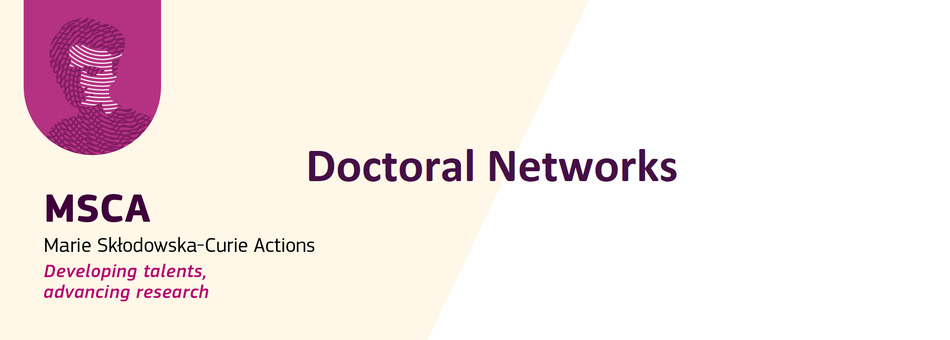ExpectedOutcome:
Project outputs and results are expected to contribute to all of the following expected outcomes:
- Achieve a competitive advantage for European shipbuilders within global markets, particularly for complex high added value vessels.
- Rapid early ship design (including an AI-based analysis of technical and legal requirements derived from historic data or from a structured feedback loop between builder and operator), underpinning the functional design concept and production cost estimations.
- Virtual prototyping to increase the reliability of early stage capital cost estimations, particularly taking into account the full range of greening options and innovative (and potentially difficult to cost) technologies such as green power systems (batteries, fuels etc.), the impacts on weight and revenue generating spaces as well as benefits towards operational cost.
- Provide benefits towards the competitiveness of the wider European shipbuilding sector, beyond single shipyards, through the creation of a fast, flexible and reliable design environment and platform that also includes repair yards. The platform is expected to be based on Industry 4.0 digital technologies and is expected to be fully tested through a dedicated design case as a demonstrator. This should include all relevant design disciplines and focus specifically on the full range of technologies supporting the reduction of emissions, with linkage to highly automated and robotised processes in parts manufacturing, assembly and outfitting with full supply chain integration.
- Integration of the ship design stages (conceptual, functional, production), considering also supply chain management issues. Demonstration of a future proof ship design concept based on modular architectures that allow for (cost) efficient retrofitting during the ship’s life cycle.
- Computational shipbuilding tools and data management systems which are resilient to cyber threats.
- A European workforce that is highly skilled in the deployment and use of advanced computational tools in shipbuilding, particularly with respect to the integration of new technologies.
Scope:
Advanced computational systems are essential to Europe’s competitive advantage in the construction, maintenance, conversion and repair of the world’s most complex, high added value ships. Present computational systems are often proprietary, increasingly outdated and difficult to maintain whilst Europe’s competitors are continuing to develop their advanced computational capacity. It is essential that Europe is able to maintain and extend its competitive lead within the high technology shipbuilding segment and that advanced computational tools are developed which in particular are able to integrate a wide range of emerging innovative technologies within designs, such as alternative power systems based on e.g. e-fuels, renewables, electrification, and hybridisation. Systems need to feed into competitive production processes as well as support potential changes to a ship design during its entire life-cycle.
The complexity of such tools and systems calls for novel solutions regarding design and production platforms, infrastructures, and services which may not be within reach of smaller European shipyards and design consultancies. Therefore, new concepts for a reliable and cost efficient roll-out of advanced platforms and tools are expected to be developed and demonstrated.
Furthermore developments should benefit the wider European shipbuilding sector and address the necessary skills development to enable full exploitation of the advanced computation tools.
Proposals should develop advanced innovative computational tools for shipbuilding that increase the European sectors competitiveness by addressing all of the following points:
- Facilitate rapid early stage design to support lower risk bid development particularly when integrating innovative new technologies.
- Provide better capital cost estimations and performance predictions, particularly showing the improvements expected from the inclusion of new technologies.
- Tools to be integrated with ship construction and production, as well as considering supply chain management and future maintenance and repair of vessels.
- Address and quantify the competitiveness gains provided by the tool(s) in the context of the wider European shipbuilding sector.
- Ensure that the tool is robust and resilient against cyber threats.
- Identify and address the necessary skills development needed to achieve the maximum benefit from innovative advanced computational shipbuilding tools.
- Develop a business case to quantify the added value from the developed tool to the shipbuilder concerned and within the context of the wider European shipbuilding sector.
Specific Topic Conditions:
Activities are expected to achieve TRL 7-8 by the end of the project – see General Annex B.
Cross-cutting Priorities:
Digital AgendaOcean sustainability and blue economyArtificial Intelligence





